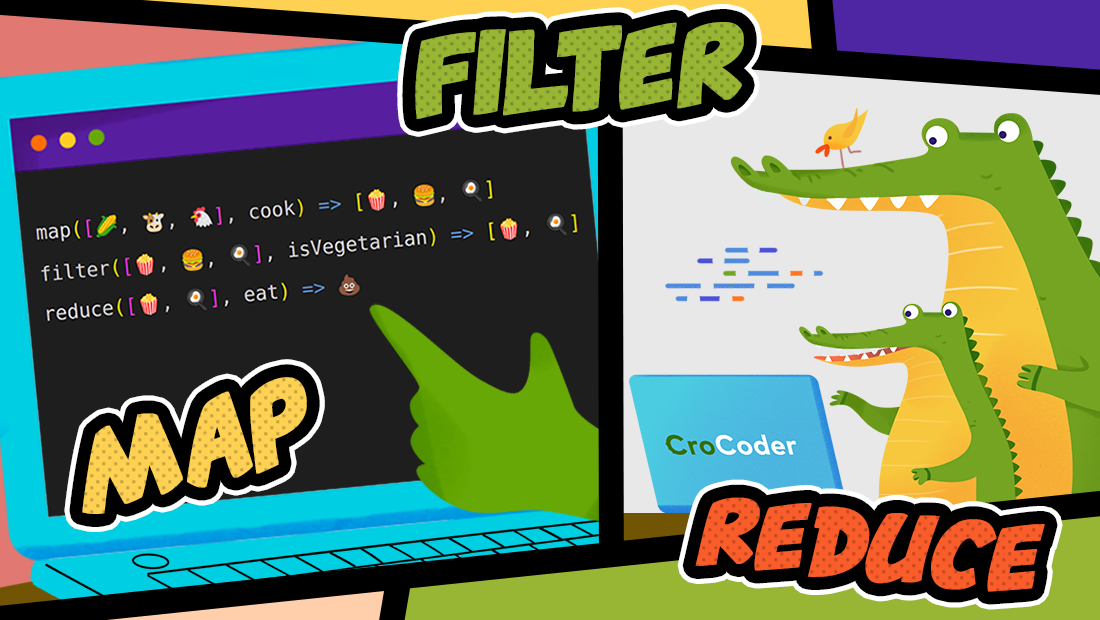GitOps: Is it the Right Choice for Your DevOps in 2023?
- By David Abram

GitOps, stemming from the words “Git” and “Operations”, has become a staple in IT and software development. But as we navigate through 2023, it’s crucial to evaluate whether this approach is worth adopting in modern DevOps practices.
GitOps is a model for automating the deployment of cloud-native apps. It leverages Git as the sole reference point for both the infrastructure blueprint and the application code.
The guiding principle of GitOps is straightforward: “If it’s visible in Git, it’s what’s live in production.”
The Mechanism of GitOps:
Declarative Infrastructure: Every component is detailed in a version-controlled repository, typically Git. This encapsulates the setup of infrastructure, application rollout, and configuration adjustments.
Popular Tools: Terraform, Pulumi, Kubernetes yaml
Automated Deployment: Tools are employed to ensure the live state of your infrastructure and apps consistently reflects the Git repository. If disparities emerge, these tools actively rectify them.
Example Tools: GitHub Actions, GitLab CI/CD, Travis CI
Pull Requests for Modifications: All updates to infrastructure or apps are initiated via pull requests. Upon approval and merging, these alterations are auto-deployed to relevant environments.
GitOps advantages:
Version Oversight: Storing configurations in Git facilitates change monitoring, pinpointing issues, and facilitates easy rollbacks when needed.
Augmented Visibility: Teams gain an unambiguous insight into the live production environment at any moment.
Swift Restoration: In the event of hiccups or shenanigans, quickly revert to a prior Git commit to reestablish services.
Uniformity and Compliance: A standardized approach in deploying infrastructure and applications minimizes discrepancies across individual developer setups.
Considerations:
Complexity Factor: GitOps can simplify several operations, yet it can also bring its own set of challenges. Mastery of Git, adoption of new tools, and occasionally a shift in team dynamics become imperative.
Evolution of Tools: As technology progresses, so do the tools bolstering GitOps. It’s pivotal to utilize contemporary and robust tools to fully harness its potential.
Safety Protocols: With Git as the repository, there’s a potential risk to sensitive data. Adopting best practices such as encrypted secrets and restricted repo access is crucial.
Market Adoption: By 2023, a multitude of firms have incorporated GitOps. If rivals are gaining from its advantages, non-adopters may find themselves trailing.
Is GitOps the Right Fit for You in 2023?
The candid response? It depends.
For greenfield projects or projects in need of infrastructure revamp, GitOps offers a robust framework for scalable and efficient application and infrastructure management.
Conversely, for entities with a well-functioning existing system, transitioning could add layers of complexity. It’s vital to juxtapose the potential gains against the effort and resources necessary for the shift.
GitOps has indisputably reshaped deployment and infrastructure management norms. As with all technological choices, weigh the advantages against the drawbacks, and align with your company’s demands and circumstances before boarding the GitOps train.

Spends his time untangling software architectures and doing DevOps. Likes to build stuff.
Connect with David on X and LinkedIn. You can also Book a meeting with David.


